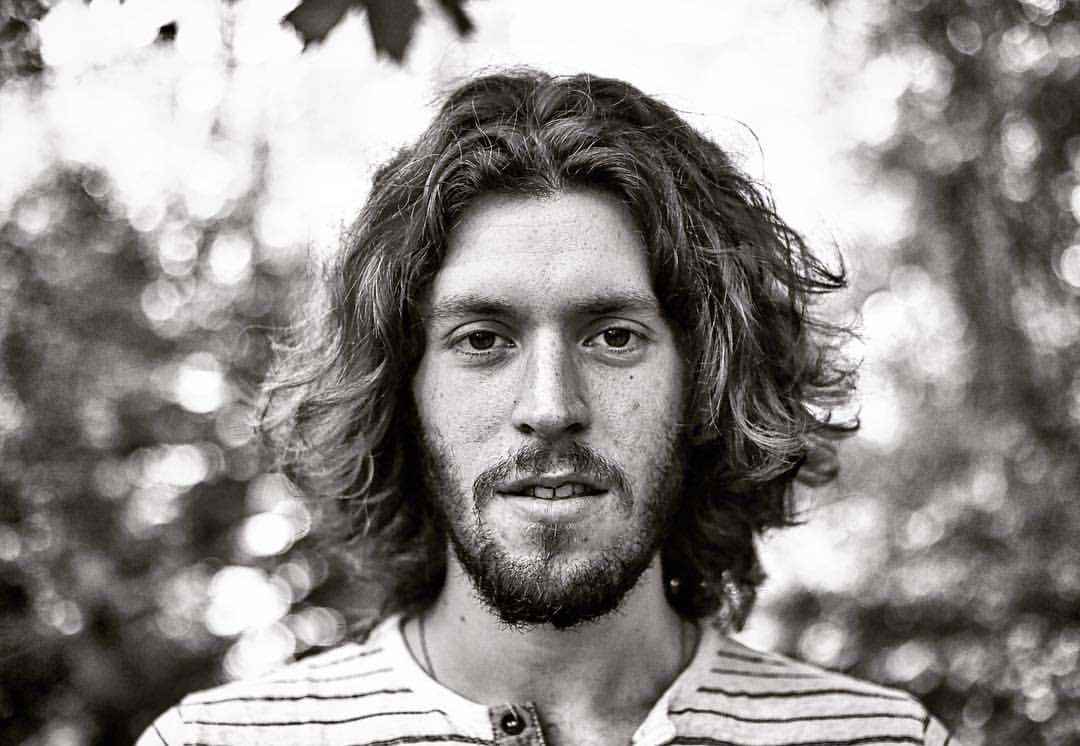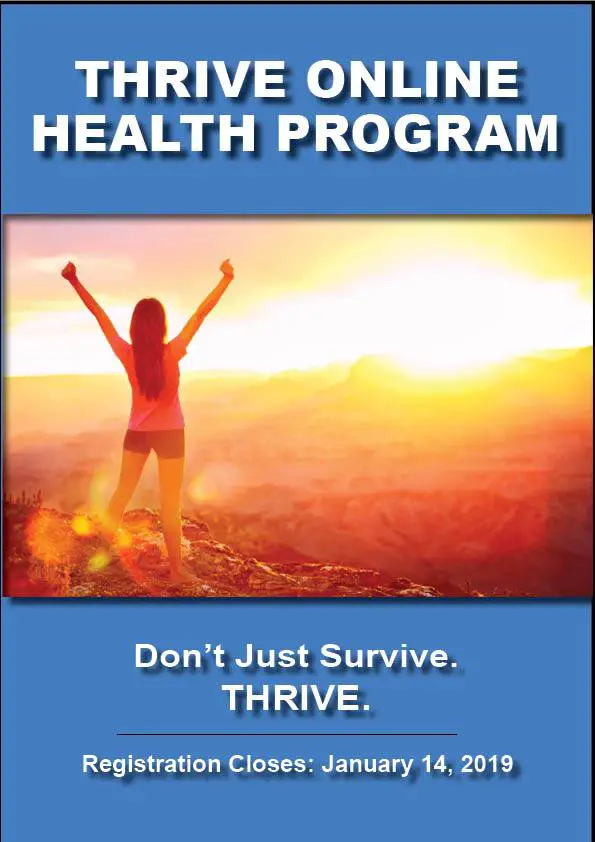
Schooler (left) and Bill Gates have differing viewpoints on the type of agricultural system that should be promoted in universities like Cornell.
One of the most frustrating aspects of the genetically modified food controversy is the complete lack of an open, intellectually honest debate on the topic, which happens to be a pretty important one.
After all, the introduction of genetically engineered foods in the mid-1990s represented the single biggest change to our food system in decades, and it was all done under the veil of secrecy — these lab-created, gene-spliced foods were never labeled, and more than 20 years later consumers are still being kept in the dark.
Universities everywhere have become pawns in this game, accepting millions of dollars from Monsanto and other agrochemical companies while stifling research in more traditional, chemical-free methods of agriculture that show great promise (like biodynamic farming for example).
One of the most egregious examples is that of Cornell University, the top-tier public college that recently accepted over $6 million from the Bill and Melinda Gates Foundation to push GMOs on third-world farmers across the globe.
Things have become so slanted on campus that professors were even copied in on emails with Monsanto executives in order to present the pro-GMO side of the argument to students — all without any representation from the other side of the debate.
The bad news is that the agrochemical industry is firmly entrenched in our institutions of higher learning.
But the good news is that students, activists, and concerned citizens everywhere are beginning to awaken to the lies of an industry that seems to know its days at the top are numbered.
Rogue Student Takes on GMO Propaganda at Cornell
In order to combat the rampant pro-GMO propaganda at the Ithaca, NY-based college, a now Internet-famous student named Robert Schooler decided to bring a little balance to the equation.
It all began with a letter on his website that went viral on social media, in which he called the university’s pro-GMO course series a “blatant display of unscientific propaganda.”
After being disgusted by the overwhelming bias of a pro-GMO class series he attended, Schooler upped the ante by hosting his own lecture series on campus, featuring top researchers and scientists in the field of natural and organic agriculture.
Now, he’s raising money for a new GMO documentary that he hopes will set the record straight, and show the Bill Gates-funded program for what it really is: a one-sided mouthpiece for the Biotech industry.

Robert Schooler
Schooler, an aspiring filmmaker and advocate of organic agriculture and plant-based diets, sat down for an interview recently with AltHealthWorks.com to discuss the GMO propaganda he’s seen on campus, what he’s been up to since the lecture series, and to give an update on his film project.
While Schooler has mostly put his traditional academic dreams on hold, it’s been more than worth it for him as he continues his unending pursuit of truth.
AltHealthWorks: Are you still at Cornell University now, and what’s the status of your lecture series?
Robert Schooler: So yeah, technically speaking I am still a student at Cornell, I have three semesters left I think and I’ve been on a leave of absence, hanging on by a thread since the GMO project started essentially.
I really didn’t want to go back after I realized we weren’t getting answers, dialogue or a discussion going so I don’t know, it kind of just pushed me in a different direction.
I love education and school, but it definitely was not a good environment out there for people like me who are opposed to what’s going on agriculturally.
I live in Berkeley now and there’s actually a really great community of professors and grad students here who are doing great work leading the way, including pioneering small farmers (focused on changing the system away from GMOs and monoculture).
There’s stuff like that going on at Cornell as well, it’s not really getting the exposure and it’s being marginalized I guess you could say.
Cornell has a lot of good stuff going on as well, I want to make that clear.
I’m pro-Cornell and that’s what (best selling author and plant based diet advocate T.) Colin Campbell feels too. He’s someone who has been kind of ridiculed by the system, he wants to see a change and he’s the most humble, non-critical guy ever. He’s kind of saying there’s a problem here.
We’re trying to improve the culture, we’re not trying to be destructive or anything. We’re trying to put up safeguards to make sure that things can be expressed.
Q: What brought you to Cornell in the first place, and what were your original career goals?
A: I arrived at Cornell as a typical STEM-type student. I was good at Calculus and Physics in high school, I think that’s a part of why I got into Cornell in the first place. It was just the path that played out, but I quickly became disenchanted with it when my health started going south. I also saw a lot of other students struggling in many aspects, and I definitely was.
I took a leave of absence to figure this stuff out, and it ended up being quite the rabbit hole for me.
Shortly before I left is when I actually discovered T. Colin Campbell’s work on plant-based nutrition and disease.
During this time, my grandmother had a horrific stroke that left her paralyzed on her left side until she passed a few years later. That was the catalyst; I felt terrible, my family was suffering, and I decided to make some changes and experiment.
This led me to experience the world of organic/agroecology, functional medicine, disease reversal first-hand. I was blessed to have found this path, and it’s so fascinating in that it seems to be a never-ending process of discovery, and the most interesting people and groups come together to support different causes.
This is what Jonathan Latham and others broadly call “the Food Movement.” I’m personally fascinated by mycology, veganic farming, seed-saving, and innovative local community initiatives.
Q: How has your perspective in general changed since your lecture series began and you started speaking with scientists and organic food advocates?
A: My experience since the lecture series at Cornell confirms a lot of what I felt before: that there is a lot of amazing work being done at Cornell, but it’s under a cloud of corporate influence.
It’s deceptively difficult to discern what is true and what is propaganda, and I’m not sure the average student (as intelligent as they may be) has the tools to completely figure this out in real time. I didn’t when I was a sophomore.
The lecture series was amazing, but it’s a little concerning that we had to do this on our own. This is stuff that should be taught to every student, regardless of their stance on Biotech.
But I’m impressed with the grassroots efforts, led by academics and graduate students, who are moving everything forward.
Q: Speaking of Cornell, it was recently announced that Bill Gates will be giving $10 million to push genetically engineered foods and crops across the world, through the university.
What is your reaction to this news, and what are some of the most egregious signs you’ve seen of this pro-GMO agenda on campus?
A: If Bill Gates’ money gets us more of the same of what the Alliance for Science has been offering, I would say there is cause for concern. The main problem I see is that they’ve never addressed any of the criticisms expressed to them, in any kind of meaningful way.
By my estimation, Michael Hansen of our GMO course is far more scientifically accurate than, say, Mark Lynas. Yet Mark gets a salary, supposedly through the Alliance fund (correct me if I’m wrong, Mark).
I’m just wondering, how do I get paid the same amount for presenting the truth and correcting the confusion!
In short, I want to know more specific goals and statements from the Alliance.
 Are they pro-Roundup residue in food? Because they seem to be by what they write and say. Are they pro Bt GMOs? They defend them at length. Do they consider the biological differences between GMO and organic Bt meaningless? Does the Alliance support faulty industry science used to craft a Biotech talking points such as this? These are the questions I have.
Are they pro-Roundup residue in food? Because they seem to be by what they write and say. Are they pro Bt GMOs? They defend them at length. Do they consider the biological differences between GMO and organic Bt meaningless? Does the Alliance support faulty industry science used to craft a Biotech talking points such as this? These are the questions I have.
Also, I still have yet to see conclusive evidence on the Bt “success” in Bangladesh that is claimed by the Alliance.
Claire Robinson of GMWatch asked for it, and it has never surfaced.
A whole documentary was made critically investigating this claim. Yet, such a claim was used by the BBC, as well as viral YouTube videos with millions of views, in support of Biotechnology.
No matter one’s stance on Biotech, I would say that lying about successes and failures only holds back the progress of technology.
Q: How have your fellow students generally reacted to these attempts to convert them over to the Biotech industry, and have you ever gotten into any intense debates with pro-GMO faculty or even students on campus?
A: Perhaps the most blatant example of what I’d call Biotech propaganda is when I was handed a seed packet on the Arts Quad, labeled “Pete’s Pollinator Pack,” with wildflowers intended to support Monarch butterfly restoration. In the lower right corner, “Sponsored by Monsanto” was printed.
This was part of an event that was sponsored by Monsanto.
Oh, and it was actually on Earth Day. Let that sink in!
I’ve definitely gotten in my share of debates on this subject, in person and online. It’s definitely not a fulfilling pursuit, but it trains you to stay calm, and love, and all of that, haha!
I’ve acted in ways that I’m not proud of in learning this. It’s fascinating talking with students who have relatively little knowledge on Biotech in general, yet wax poetic on GMOs. It’s easy to get any sane, logical student to see that corporate control of food isn’t bringing us what we want, and Biotech plays a critical role in this paradigm. If all you’ve ever heard is that Golden Rice is going to save the world, of course you’re going to be pro-GMO.
From there, it’s easier to become a more blatant Monsanto supporter, something I’d recommend against.
Q: How surprised were you when you first sat in on the pro-GMO course at Cornell and saw how one-sided the information being presented was? Do you think we will ever see a time where organic, biodynamic and other natural farming systems will be given the respect they deserve in an academic setting?
A: Once I was invited to lecture in one of Joe Regenstein’s classes. He’s an animal science professor who’s pro-GMO and generally pro-CAFO animal agriculture. I actually really respect him, he’s been pretty much the only person I’ve met willing to debate people on campus.
Of course, we disagree on almost everything!
I was rather confused and horrified when I heard the most blatant Biotech talking points being expressed as academic truths in a classroom setting. It now makes more sense to me.
A class titled “The GMO Debate” at Cornell just isn’t where you’re going to hear an actual GMO debate, unfortunately. Of course, when we initiate a real debate, no one from the Alliance steps forward.
If we’re so anti-science and crazy, shouldn’t we be easy to debunk, once and for all?
It’s important to note that Cornell has a thriving agroecological community. Their SRI (System of Rice Intensification) is a perfect example of an agroecological success supported by Cornell. However, this takes back-burner to promoting GMOs. Bill Gates, how about another 10 million for projects like this?
Once the corporate siege of academia is over, the real solutions will shine through, having been in the background all along.
Q: Please give us an update one what’s been happening with your GMO WTF Film Project.
How has the fundraising been going and do you have any more information on the direction or features of the film you’d like to share?
A: I’m very excited for the GMO film, and am incredibly grateful for all the donors so far. I have no experience raising money, so this is a good learning experience. I’m glad I chose this outlet as my direction stemming from the course.
I’m hoping to make something incredibly unique that will inspire further dialogue. Scott Kennedy, who made the Food Evolution film narrated by Neil DeGrasse Tyson, kept saying that he’s willing to have a dialogue on the topic.
Consider my film a response to him and Neil, as well as the Alliance for Science, Cornell, Bill Nye, and Bill Gates. I just want someone to answer my questions, and I hope my interview candidates will be able to respond to some of the points already made by the pro-Biotech crew.
I’ve already collected the initial round of interviews for the film, which are fantastic. I have to travel a bit to collect the rest, and have plans to to go India and Bangladesh later this year, and also Mexico.
A big part of this is getting a wide range of perspectives, especially those that don’t have a powerful voice, or have one that can be easily distorted.
It’s also going to be a largely positive film, focusing on agroecological success: Grow More Organic Wholesome Tasty Food (GMOWTF).
This is a positive movement and we’ll get a lot more done, faster, if we focus on what we want!
That’s actually a big question I pose here, are GMOs really the best/fastest/safest way to get what we say we want? What DO we want, for that matter, with respect to our food?
These questions are largely ignored by a technocratic ideology relating to food systems.
Q: What’s it been like working with Professor T. Colin Campbell, and how is the eCornell course on plant-based nutrition going?
A: It’s been a blessing to meet Colin, perhaps the best part of my Cornell experience. It’s funny, Colin says that they moved his course to online – in the early days of online courses – as a formality. Turns out it’s Cornell’s most popular online course!
Don’t you think that should be taught on campus? Actually, Colin’s story is by far the most important one in the upcoming film, for me. He started it all for me, my critical thinking and renewed interest in science.
He says that science “is the art of observation”, a quote that changed my outlook on everything.
He’s ahead of his time, all we’re trying to do is catch the Cornell community up with what he and his colleagues have discovered.
Q: Have you thought about meeting with Cornell or other university executives to discuss these issues, or perhaps even Bill Gates himself? If so, do you believe they would consider such a meeting?
A: Personally, I’d love to have a meeting with Bill Gates, or anyone else for that matter.
I don’t know if I’m the best for the job, but I know people that are!
I know for a fact that Claire Robinson and Jonathan Latham would chat with Bill Gates any time.
Would it be productive? I don’t know…So much of the Biotech agriculture “story” rests on mythology, and people don’t like this to get revealed.
Again, I stress, if you’re pro-GMO, surely the paradigm can stand just a little bit of rigor and critique, no? The “vibe” I’ve gotten thus far is that Cornell takes a “pretend it doesn’t exist” policy when it comes to most student activism.
Q: Can you speak a little bit about how going non-GMO and eating a plant-based diet has changed your health? It seems like this is information that should be taught in higher education considering our epidemic of health problems.
A: A plant-based diet is one piece of the puzzle, but for me, it’s been the most instrumental. I know this is a touchy subject and not everyone is destined to go vegan or whatever, but this stuff is so important. I just gained my moral sanity back when I stopped contributing 100% to the CAFO system.
I believe much of the darkness we feel in the world emanates from our treatment of animals, and of course we know now that eating them makes us sick and die young. It made me relate the world in such a deeper way when I shifted to plants.
Life can be so much more beautiful than we realize! Of course, the health benefits of the shift are tremendous. While not a cure-all, and certainly it’s easy to mess up a plant-based diet, when you get it right, it’s incredible.
Q: Thanks so much for joining us, Robert. Is there anything else you’d like to share with our readers, and what they can do to help?
A: Thanks for having me! If anyone wants to support the film, you can check out my GoFundMe page here. Any donation amount will get you a ticket to the film! If anyone wants to let me know what they would like to see in a film like this, email me at contact@gmowtf.com.
Thanks so much for all that you do!
This article was first published on July 12, 2018 and republished on December 26, 2018. For more articles like these in your inbox (plus a free eBook), click here.
Thanks for installing the Bottom of every post plugin by Corey Salzano. Contact me if you need custom WordPress plugins or website design.






